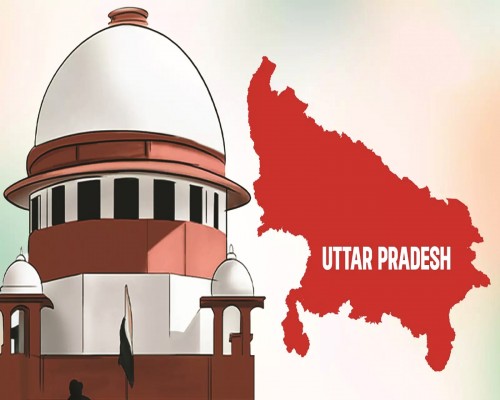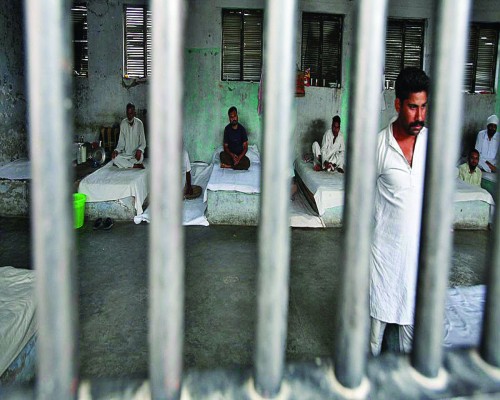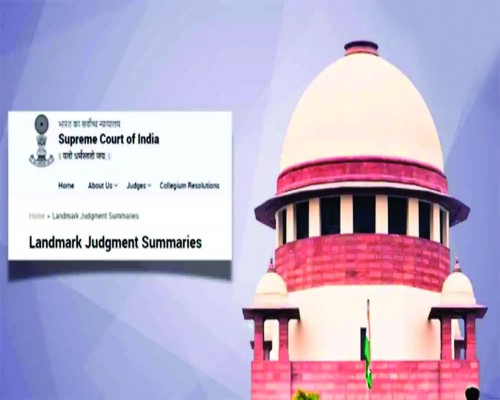Supreme Court: Sexual Harassment Cases Cannot Be Closed Based on Compromise

Supreme Court: Sexual Harassment Cases Cannot Be Closed Based on Compromise
The Supreme Court stated on Thursday that cases of sexual harassment cannot be dismissed merely because a compromise has been reached between the parties involved, as such offenses carry significant societal implications.
This ruling was made while overturning a Rajasthan High Court decision that had quashed a POCSO case against a schoolteacher following an agreement between him and the victim's father. The High Court had exercised its powers under Section 482 of the CrPC, reasoning that the compromise justified the case's dismissal as it served the ends of justice.
However, Justices C T Ravikumar and Sanjay Kumar of the Supreme Court noted that the High Court had overlooked the serious nature of the allegations. They referenced a 2012 Supreme Court judgment which clarified that before using Section 482, courts must weigh the crime's seriousness and impact on society.
Justice Ravikumar emphasized that grave offenses, even if settled privately, affect society at large. He noted, "Such crimes are not private matters and carry serious societal consequences," adding that courts must ensure any compromise is fair and free from coercion.
Reviewing the High Court's February 4, 2022, order, the Supreme Court observed that the allegations were not given due consideration. The bench questioned the rationale behind the High Court's decision to close the case, noting that it undermined the POCSO Act’s purpose.
The bench stated that prosecuting such offenses aligns with society's interests, irrespective of a private settlement. Quashing the FIR in such cases not only disregards the seriousness of the allegations but contradicts the legislative intent of the POCSO Act.


















